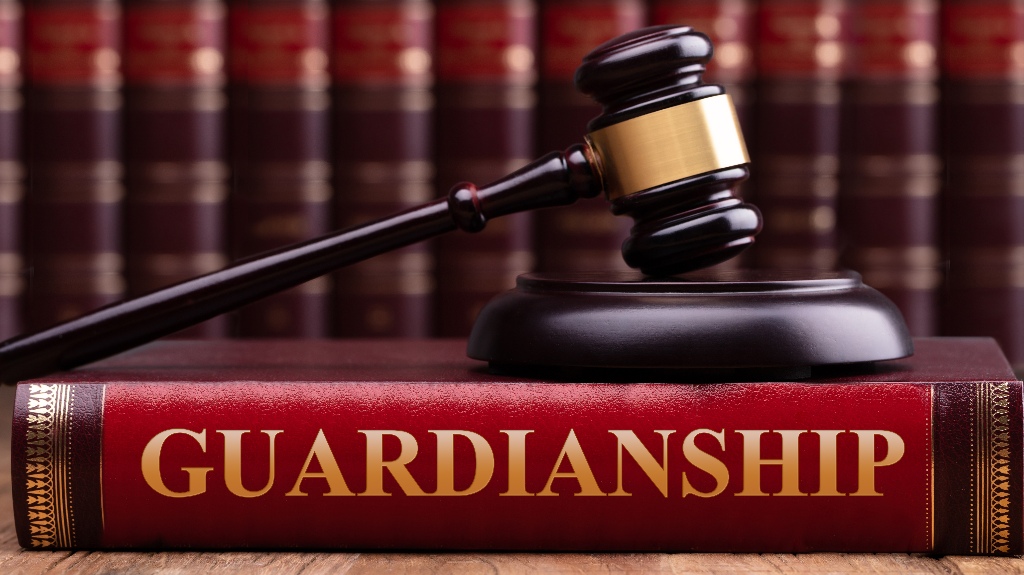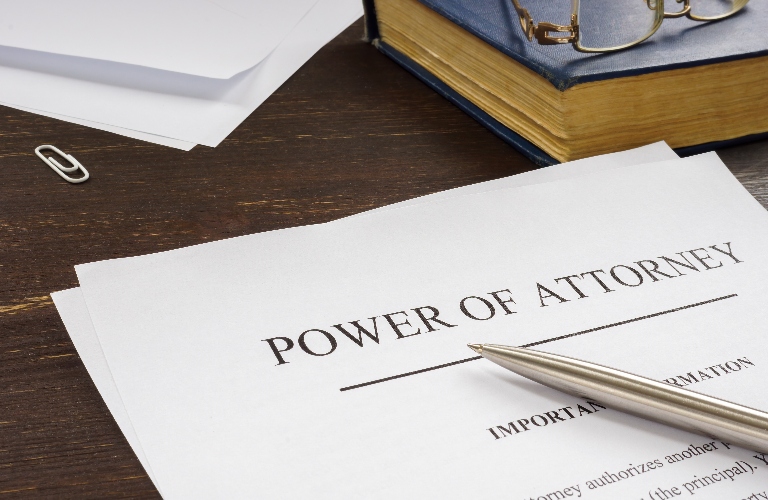
When someone you love begins struggling to manage daily life, it can be overwhelming to know how to help. Families in Louisiana often find themselves asking whether a power of attorney or guardianship is the right path. Both allow someone else to step in and make important decisions, but they are very different in how they’re created and how much control they give. Understanding the difference can make these hard choices feel a little less confusing.
What Is a Power of Attorney?
A power of attorney is a document that lets a person choose someone they trust to handle their affairs. In Louisiana, this is called a mandate. The person granting authority is the principal, and the person they choose is called the mandatary.
The arrangement can be broad or limited. A financial power of attorney may let someone pay bills, manage bank accounts, or sell property. A medical power of attorney allows the mandatary to make health care choices if the principal cannot.
What makes a power of attorney especially valuable is that it is chosen while the person still has the ability to understand their decision. It can also be revoked at any time as long as the principal remains competent. Louisiana law also allows for a durable power of attorney, which stays in effect even if the principal later becomes incapacitated. This is one of the most effective ways to plan ahead and avoid the need for court involvement down the road.
What Is Guardianship?
Guardianship, called interdiction in Louisiana, is different. It is not a choice made by the person in need. Instead, it is a court process. A judge appoints a curator (the guardian) to take on decision-making responsibilities for an adult who can no longer care for themselves. The person under guardianship is called the interdict.
Guardianship may be full or limited, depending on how much help the person requires. For example, the court may allow someone to keep control over personal decisions but appoint a curator to handle financial matters. Because it involves removing a person’s legal rights, guardianship is considered a serious step and is usually only pursued when no other alternative will protect the person.
The Key Differences

While both options provide support, they arise in very different ways:
- A power of attorney is voluntary, created while a person is still able to make decisions. Guardianship is imposed by the court when someone no longer has the ability.
- A power of attorney can be tailored to fit a person’s needs and revoked if circumstances change. Guardianship is more rigid and requires court approval for changes.
- Setting up a power of attorney is quick and affordable. Guardianship can involve medical evaluations, court hearings, and ongoing reporting to the judge.
Which One Fits Your Situation?
If your loved one is still able to understand and make decisions, a durable power of attorney is often the best choice. It allows them to select someone they trust, avoids court costs, and keeps control in their hands for as long as possible.
Guardianship, on the other hand, may be necessary when no power of attorney exists and a person’s health or safety is at risk because they cannot manage on their own. While it can feel heavy, guardianship also provides important protection and oversight in situations where a family member is truly vulnerable.
Making these decisions is never easy, and you do not have to navigate them alone. At Losavio & DeJean LLC, we work with families across Louisiana to create plans that bring peace of mind and protect loved ones. Whether that means drafting a power of attorney or guiding you through the guardianship process, we are here to help with compassion, clarity, and care.

